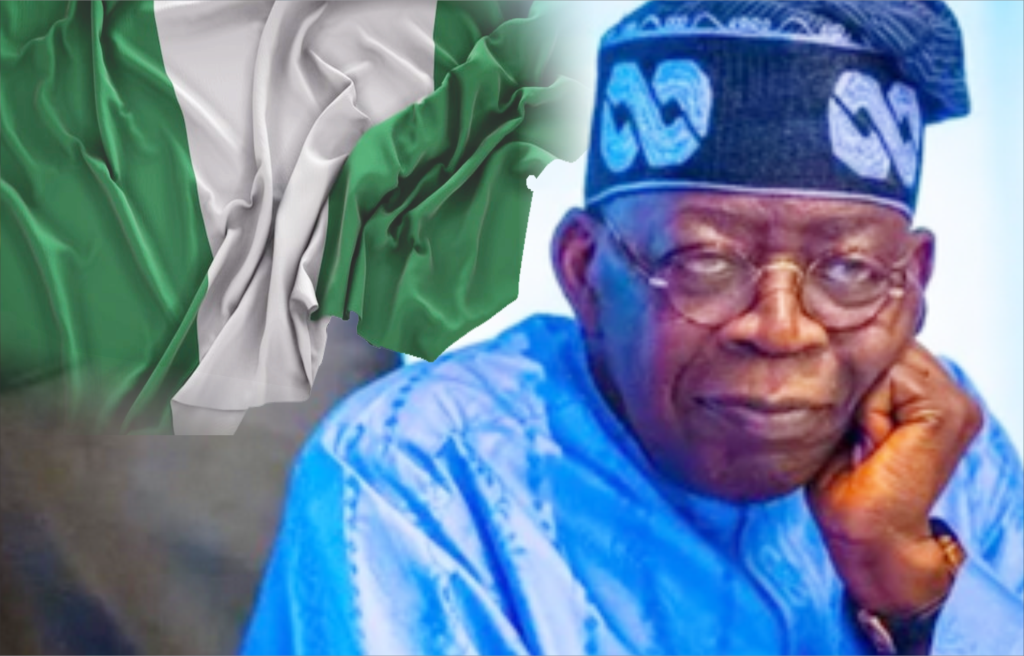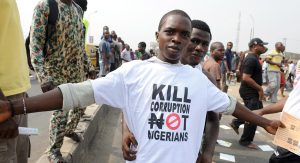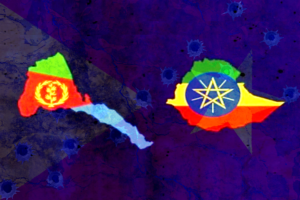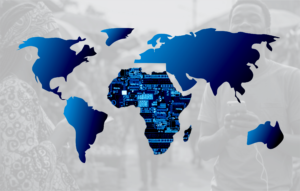Tinubu’s Anti-Corruption Pledge: Law, Politics and the Promise of a Moral Reawakening

President Bola Ahmed Tinubu’s declaration that “no one is above the law” may sound familiar in Nigeria’s long political theatre of anti-corruption promises. Yet, his latest assertion delivered through Vice President Kashim Shettima at a joint workshop of the Economic and Financial Crimes Commission (EFCC) and the National Judicial Institute (NJI), comes with both data and defiance. Over 7000 convictions and N500 billion (naira) in asset recoveries, according to him, stand as proof that his administration is walking the talk. Beyond the figures recovered, beds a strong tale of power, politics and a nation’s moral struggle. Yet, none in is prison, comparatively to what Nicholas Sarkozy just contracted in France. This mighty be a new revised rhetoric in an old battle that is assumed to be hosting compromised figures who are driving-actors, in the midst of these sociopolitical-pandemic.
Tinubu’s message was clearly stripped of political polish – the old practice of shielding allies from prosecution has no place under his watch. “There is no person or group who can accuse this administration of shielding political actors on account of their affiliation”. It’s a statement that reverberates through Nigeria’s complex web of patronage, where political loyalty has long served as a form of legal insurance.

In a country where anti-corruption campaigns often oscillate between genuine reform and selective enforcement, Tinubu’s insistence on impartiality marks both a promise and a test. The EFCC’s conviction statistics may impress on paper, but the real question remains whether such zeal extends to the political elite or stops at the low-hanging fruits of fraud and cybercrime. Nation’s justice from the moral compass the EFCC may be tainted.
Tinubu’s speech cast the judiciary as the moral cornerstone of Nigeria’s democracy. His administration, he said, is reviewing judicial pay and working conditions to ensure independence, which is a nod to longstanding complaints about underfunded courts and susceptible judges. “We draw our moral distinction as a people from the judiciary” – he noted, emphasizing that corruption corrodes all layers of society, even the Bench.
Chief Justice Kudirat Kekere-Ekun echoed that sentiment, warning judges to remain impartial and efficient in handling corruption cases. Her call comes amid public frustration over the sluggish pace of high-profile trials. A frustration Tinubu himself acknowledged when contrasting delayed corruption cases with the swift adjudication of cybercrime offenses.

In respect to the ordinary Nigerian families, corruption is not an abstract policy concern, but personal. It dictates whether salaries are paid, hospitals function and roads are safe. When the president speaks of integrity and moral renewal, families measure it against daily realities; rising food prices, joblessness, public institutions, national spending seen as wasteful, etc.
By linking recovered funds to social investment schemes such as the Students Loan and Consumer Credit programmes, Tinubu attempts to humanize the anti-corruption campaign. The promise is simple but potent. If corruption is reduced, families gain stability, wasteful spending vanishes and hope becomes more tangible. These, the ordinary Nigerian believes should be price of political-leadership will and gains of true reforms.
Tinubu’s anti-corruption posture also carries political undertones. Coming from a leader whose rise was built on intricate alliances across Nigeria’s political map, his declaration of zero tolerance for corruption invites scrutiny. Within his own party and cabinet are figures who have faced graft allegations in the past. The question, therefore is not just whether Tinubu means what he says, but whether he can afford to act on it without fracturing his coalition.
Senate President Godswill Akpabio, speaking through a representative, acknowledged that the fight against corruption cannot be left to the executive alone. The legislature, judiciary and citizens all share responsibility. “Corruption is the enemy of the state”, he said, promising that lawmakers would strengthen laws and funding for enforcement. So Nigerians would ask: how can the ordinary CITIZEN share responsibility in this process, when it is hinging on “funding for enforcement” despite 7000 convicted cases, and counting mostlikely?
The president’s remarks also reflected the growing sophistication of financial crimes. With fraud cases now involving blockchain and cryptocurrency, Tinubu urged judicial officers to continually upgrade their digital literacy. “Learning and relearning is no longer a buzzword,” he warned, drawing how technology is redrawing the frontlines of corruption.
![]()
Nigeria’s struggle against corruption has always been both institutional and cultural. It pits personal gain against collective responsibility and tests, whether moral integrity can survive in a system still haunted by impunity. Tinubu’s message that corruption spares no one, touches on a truth every Nigerian family knows, as when justice falters, everyone pays.
But the true measure of his administration’s sincerity will be found not in speeches or statistics, but in consistency. Carrying out the penalty on the 7000 convicted cases. And watching careful too, whether the law will truly reach where it has never dared before.
In a country yearning for accountability with subsidy removal and other gains shrouded in the oblivion across Nigeria states, President Tinubu’s words may yet mark the beginning of a new chapter after two years in government, and counting. Or, it may be like many before him, which often fade into the long echo of unfulfilled executions.
The next few years will tell whether Nigeria’s moral reawakening is real or merely rhetorical.






